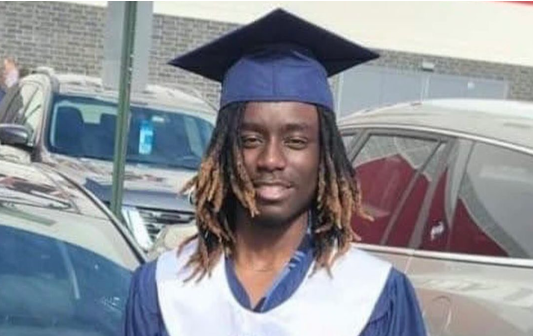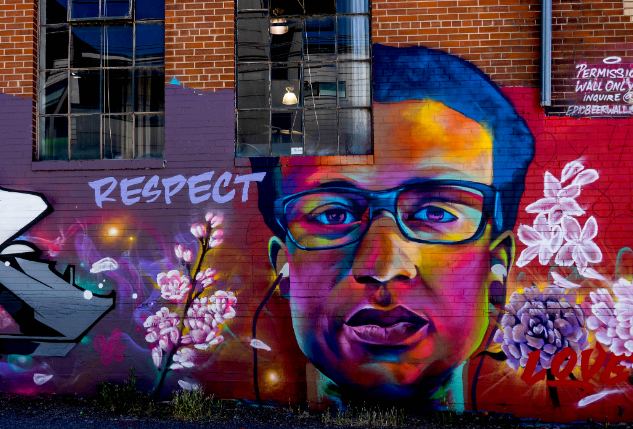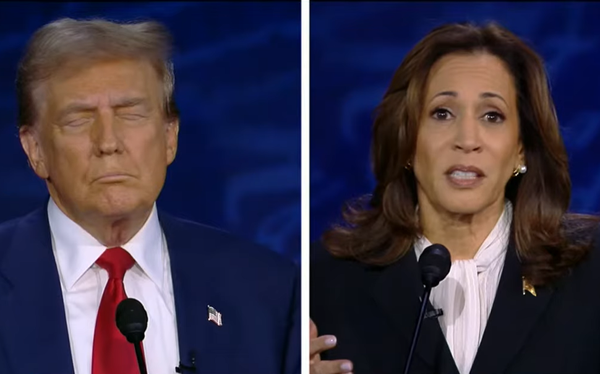Justice for Javion: Why His Family—and We—Deserve More Answers

Scrolling through TikTok late last night, I stumbled upon a video that hit like a gut punch. The user, @StormiNyte, was sharing a heart-wrenching story about her young cousin, Javion Magee, a 21-year-old truck driver from Chicago. On September 11th, Magee was found dead along his truck route in Henderson, North Carolina. According to Stormi, he was discovered hanging from a tree. But the official police reports seem to tell a different story.
Vance County Sheriff Curtis R. Brame was quick to deny any notion of foul play. His statement was direct:
If you’re anything like me, reading that probably made you tilt your head. If there are “no signs of foul play,” an “unknotted rope,” and he wasn’t hanging, then what the hell did happen? Furthermore, if the investigation is ongoing, how can they already be so confident that this wasn’t a lynching? It’s a bizarre statement that raises more questions than it answers, and it only fuels the skepticism many Americans already feel when it comes to police narratives about the deaths of Black men.
Javion Magee’s family is not buying the official line. They are headed to North Carolina, determined to press the police in person and seek answers that make sense. @StormiNyte’s video, which pulled in over 3 million views and 1,800 reposts in just 24 hours, shows that a significant number of Americans are also refusing to accept the official version of events until more details come to light. It’s part of a growing movement—driven particularly by people of color—who refuse to let police departments unilaterally shape the narrative when suspicious deaths occur. And given the history of high-profile cases where the truth has been deliberately obscured, can you blame them?
Take, for example, the case of Tyre Nichols. In January 2023, Nichols was killed by police officers in Memphis, Tennessee. The first police report painted a vague, sanitized picture of what had happened:
Notice how there’s no mention of police brutality, of beatings, of the vicious assault that would eventually take Nichols' life. It wasn’t until the release of bodycam footage—days later—that the world saw Nichols being beaten to death by the very officers who were supposed to protect him. Without that footage, would the public ever have learned what really happened? Would Nichols’ family have gotten even a shred of justice?
The same can be said for George Floyd. When Floyd was murdered in 2020, the initial police report described the event as a “medical incident.” It was only because a brave, teenage bystander captured Derek Chauvin’s knee pressing down on Floyd’s neck for over nine agonizing minutes that the world was able to witness the truth. Without that footage, who knows what might have been swept under the rug?
So here we are again, facing another tragic death, another Black man gone, and another official report that doesn’t quite add up. We don’t know yet how Javion Magee died. Was it a suicide? Was it a lynching? Was it some kind of medical emergency? The truth is still buried, and if history is any indication, the police aren’t likely to volunteer the full story unless they are forced to.
But here’s the thing: the skepticism surrounding cases like Magee’s isn’t some baseless, knee-jerk distrust. It’s rooted in a long history of police departments being less than forthcoming, particularly when it comes to the deaths of Black Americans. Police narratives have repeatedly been proven to be incomplete, misleading, or downright false. And, increasingly, Americans—especially Black Americans—are refusing to take those narratives at face value.
Magee’s family has every right to be suspicious. They deserve real answers, not deflections or oddly specific statements about what didn’t happen. The public deserves better, too. We’ve seen this movie too many times before to believe that the initial reports tell the whole story.
We live in an age where the public, armed with smartphones and social media, can play an active role in holding law enforcement accountable. @StormiNyte’s TikTok is a testament to that power. Within hours, millions of people were aware of Javion Magee’s story, and that kind of attention can make all the difference in ensuring that a thorough investigation takes place.
The internet has become a kind of modern-day check on institutional power, amplifying voices that might otherwise be ignored and shining a spotlight on injustices that might otherwise be swept under the rug. It’s far from perfect, but it’s a hell of a lot better than the alternative, where the only version of events we’d ever hear would be the one crafted by those in power.
As we wait for more details to emerge about what happened to Javion Magee, one thing is certain: his family is justified in their search for answers, and we are justified in demanding transparency and accountability from those who are supposed to serve and protect us.





